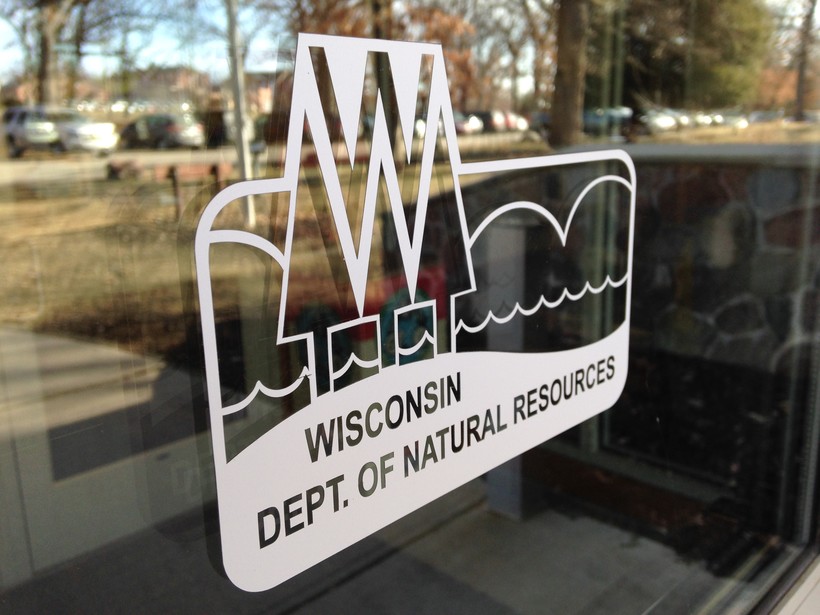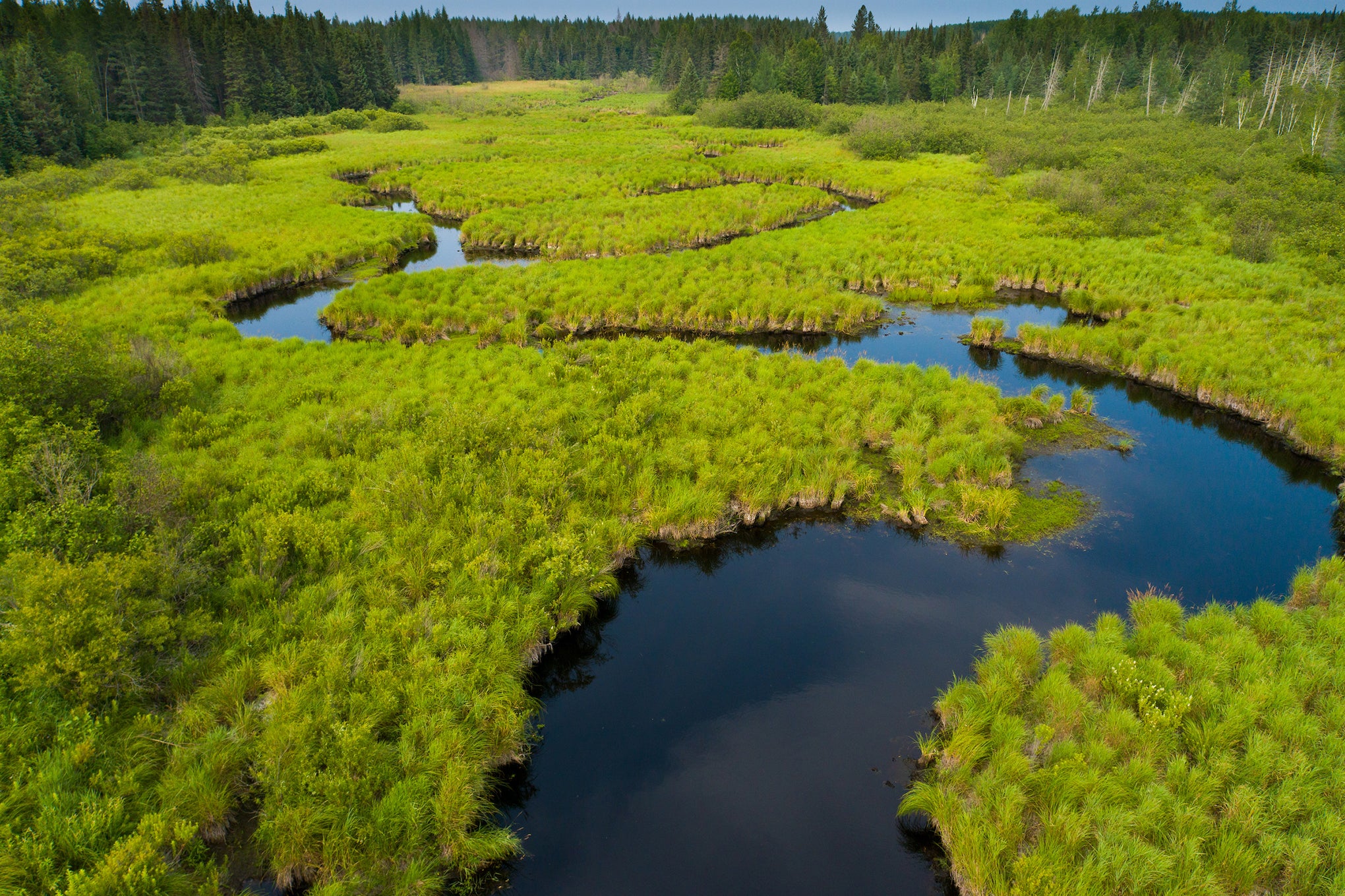Public Land Protection In Southwestern Wisconsin; People Are Worried About Proposed Family Care Changes
Featured in this Show
-
Public Land Protection In Southwestern Wisconsin
Members of a La Crosse-based non-profit land trust say a suspension of the Knowles-Nelson Stewardship program will hurt land protection efforts in southwestern Wisconsin.
Wisconsin Gov. Scott Walker’s budget proposes freezing land purchases under the program until the debt ratio shrinks to $1 of debt for every $8 in land that the state owns. In 2014, the Department of Natural Resources told lawmakers interest payments on the program amounted to $1.6 million dollars per week. It’s estimated if the governor’s budget is approved it would end buying any new land through the program until 2028.
Most of the land conservation projects that the Mississippi Valley Conservancy works on in a nine county area don’t use stewardship funds, but board president Pat Caffrey says there are three special projects in the works by MVC that could depend on the Knowles-Nelson Stewardship program for money to buy land from a private landowner. He won’t go into details about the properties until they are finalized. Still Caffrey says some land conservation efforts in western Wisconsin that only happen maybe one in a generation would be hurt if the fund goes away.
“I think there’s some logic to the fact that when you’re spending a significant amount of money annually its better if you don’t bond for it, if you can pay as you go, then all of your money is going into protecting valuable property and not going into interest payments,” he said. “The objective of trying to reduce the bonding makes sense, but if you can taper it off and start to bond for less and pay as you go for 10 or 15 years makes more sense. Freezing it for 13 years is going to mean there are lots of great opportunities being missed. If the Stewardship program is gone for 13 years is it ever going to be revived? I don’t know.”
MVC has used the Knowles-Nelson Stewardship fund to help buy and protect more than 5,800 acres of mostly blufflands since the program was created in 1989.
The organization is in the process of completing the purchase of 144 acres that are considered part of the Sugar Creek Bluff state natural area near Ferryville. The purchase price is $532,000 and MVC has raised $100,000, but has applied for $432,000 from the stewardship program.
“When you look at that amount of money, ($432,000) could we have raised it ourselves? It would have been really difficult,” said MVC Executive Director Carol Abrahamzon. “The land owners were selling this land regardless of whether we had funds to buy it or not. If we didn’t, (buy it) it would have gone into private ownership and likely been developed. Once these really beautiful, special places are gone, if the funds aren’t there for us to make that purchase in a timely manner, they aren’t going to come back again.”
Most of the projects MVC works are funded without the stewardship program and instead involve obtaining conservation easement rights from private landowners, which mean the private party still owns the land, but it’s protected from future development.
-
People Are Worried About Proposed Family Care Changes
Wisconsin’s Joint Finance committee has started to debate the next two year state budget that could mean a major change for the state’s Family Care Program.
Family Care is a regional approach to helping the elderly and disabled find help they need to live independently and stay out of a nursing home.
Gov. Scott Walker’s budget would make the program statewide, and many clients and family members aren’t sure what it will mean for the future.
We talk with Western Wisconsin Cares Executive Director Tim Garrity about the issue. Western Wisconsin Cares administers Family Care for 4,000 people in an eight county area around La Crosse.
Episode Credits
- Maureen McCollum Host
- John Davis Producer
- Carol Abrahamzon Guest
- Pat Caffrey Guest
- Tim Garrity Guest
Wisconsin Public Radio, © Copyright 2025, Board of Regents of the University of Wisconsin System and Wisconsin Educational Communications Board.




